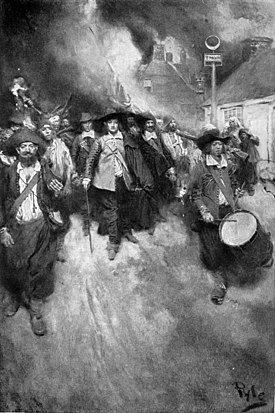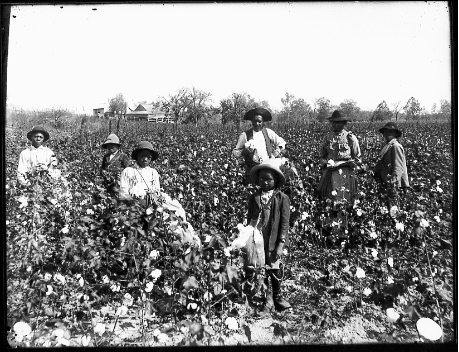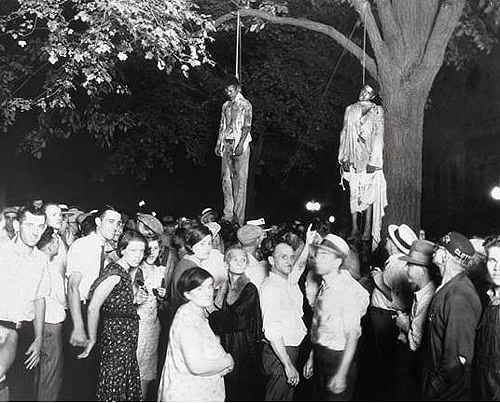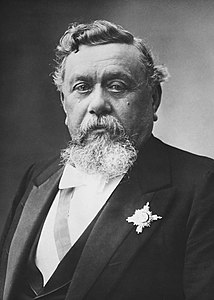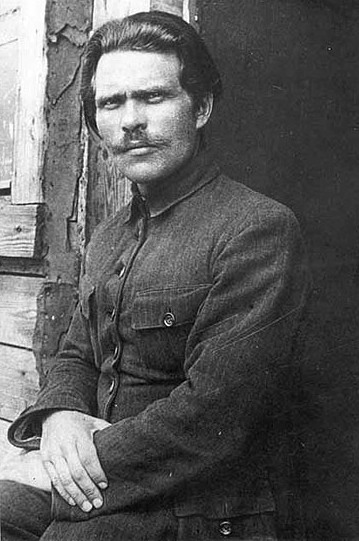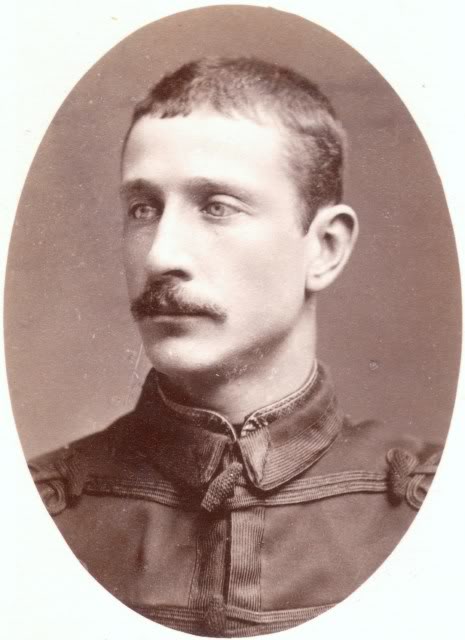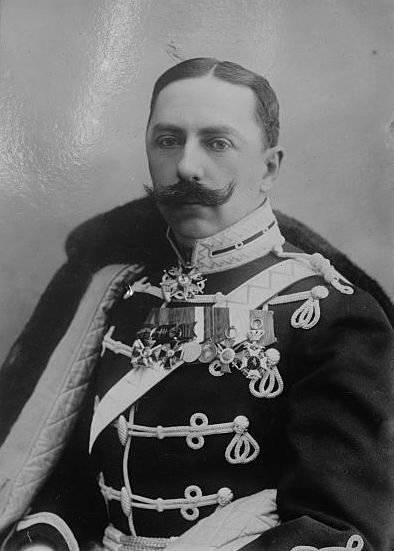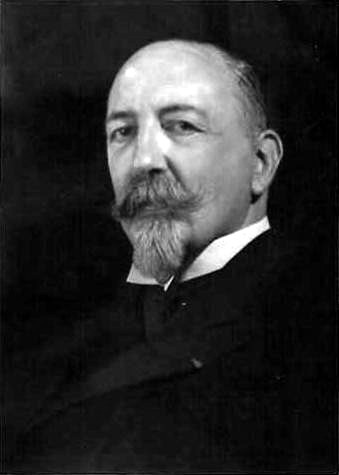- Location
- Tampa, FL
The Crisis of Modernity: New World Order


POD: France annexes Wallonia in 1812, irreparably offsetting the European balance of power.
The year is 1926 and the dust is only just settling following the end of the 'War to End All Wars'. The Weltkreig or "World War" of 1915 to 1920 raged on across nearly every continent on Earth and saw more carnage and suffering than any other war in modern history. The Imperial Alliance, led by the German Empire and composed of the Austro-Hungarian Empire, the Tsardom of Bulgaria, the United States and the Ottoman Empire waged war against the powers of the Marseilles Compact, primarily made up of the Franco-Russian Entente and later expanded to include the United Kingdom, the Empire of Japan and the Confederate States.
Following a bloody five years at war, the German-led Imperial Alliance, now reformed into Mitteleuropa, declares victory with the capitulation of France and the United Kingdom's willingness to seek terms. The entry (at German "diplomatic insistence") of the Netherlands into the conflict on the side of the Imperial Alliance, the fall of northern France to Austro-German forces, the Russian capitulation, and mass labor and anti-war demonstrations in Britain were utterly decisive in bringing the Compact to the table.
The Treaty of Dresden would usher in a new balance of power, a balance far more in favor of Germany and her sphere, and one in which the British Empire, now officially dethroned from her position as the world's leading great power (industrially and economically, and now as a result of the Treaty, politically and militarily), would now struggle to keep up in. Germany would absorb Alsace-Lorraine, fully press its claims in Poland, and receive recognition for her new client states in Eastern Europe as a result of the Brest-Litovsk Treaty. Her allies are handsomely rewarded: the Netherlands enforces her claims on Wallonia, the Habsburgs all but annex Serbia, Bulgaria pushes beyond her wildest dreams in Macedonia and northern Greece and the Ottomans… live on to fight another day.
But now, as the German Empire's rise to global preeminence seems unstoppable, cracks are beginning to appear in the new order: the rise in popularity of radical left wing and right wing movements, political and ethnic tensions in the Balkans and the Austrian Empire, and a Russian state increasingly unstable and teetering on the verge of civil war. To say nothing of the hollowed out husk of the once great United States. Tensions are simmering, people take to the streets protesting injustice and war, many see the current crises, political and economic, as the birth of a new world order.
Some are hopeful. Most look on to the future with uncertainty. People are scared, the old way of living has been swept away and for many the truth that the old world, and all the comforts and certainties that existed within it, will never return is settling in. The governed feel increasingly distant from the powers that be, leading to a disconnect between governments and their citizens. Perhaps that is the true Crisis of Modernity: In an age where communication, travel and commerce are faster and more interconnected than ever before, people feel more distant from their labor, their governments, their societies, and even from each other, than they ever have.
OOC - Alt. History - Modern - The Crisis of Modernity: New World Order
Nation Name In Native Language - 1926
National Flag
Name: Nation Name in English
Head of State: Name
Head of Government: Name
Type of Government: Self-explanatory
Population: PM Me if you have questions.
Capital: Capital
Domestic
Internal Events:
-Any internal events to talk about...
Economic Status:
-Great (Example)
-Economic information goes here....
Military
-All military information goes here... I don't need exact military numbers (though, they help), you'll be graded more on the strength of your tactics and strategy sent to me in war plans.
Alliances, Agreements, Pacts, and Trade:
Diplomacy:
National Flag
Name: Nation Name in English
Head of State: Name
Head of Government: Name
Type of Government: Self-explanatory
Population: PM Me if you have questions.
Capital: Capital
Domestic
Internal Events:
-Any internal events to talk about...
Economic Status:
-Great (Example)
-Economic information goes here....
Military
-All military information goes here... I don't need exact military numbers (though, they help), you'll be graded more on the strength of your tactics and strategy sent to me in war plans.
Alliances, Agreements, Pacts, and Trade:
Diplomacy:
- Don't be a dick
- After major war results are posted, you wait 24 hours before appealing to me. This allows you to calm down and build up an argument should it be necessary.
- We will be using the 3 claims system.
- If your nation isn't mentioned or a particular facet of your nation isn't mentioned, then it's up to you.
- Feel free to use OTL and fictional politicians and leadership as you please, just make sure it makes sense. I don't really mind either way and I'll be using both.
Warplan Format:
YOUR NATION: the name of your nation
ALLIES: any allies
OPPOSING NATION(S): who you are fighting
THEATRE(S): where you are fighting
MILITARY DOCTRINE: the style of war your military is orientated towards, about a paragraph
MILITARY GOALS: what you are fighting for
STRATEGY: how you will fight on a strategic level – don't bother listing battlefield tactics, this should just be about where your men go and what they try to capture
YOUR NATION: the name of your nation
ALLIES: any allies
OPPOSING NATION(S): who you are fighting
THEATRE(S): where you are fighting
MILITARY DOCTRINE: the style of war your military is orientated towards, about a paragraph
MILITARY GOALS: what you are fighting for
STRATEGY: how you will fight on a strategic level – don't bother listing battlefield tactics, this should just be about where your men go and what they try to capture
Espionage Format:
YOUR NATION: the name of your nation
TARGET: who your espionage is aimed at
MISSION: what you want to do
METHOD: how you plan to do it
MOTIVE: why you want to do this
OTHER: anything else relevant to the mission, ex: a trading company in the same city that could supply your spies with weapons
YOUR NATION: the name of your nation
TARGET: who your espionage is aimed at
MISSION: what you want to do
METHOD: how you plan to do it
MOTIVE: why you want to do this
OTHER: anything else relevant to the mission, ex: a trading company in the same city that could supply your spies with weapons
Economic Action Format:
YOUR NATION: the name of your nation
TARGET: who your action is aimed at
MISSION: what you want to do (hostile take over of a company, cornering the market on a particular commodity, utilizing your economic influence to politically influence others?)
METHOD: how you plan to do it
MOTIVE: why you want to do this
OTHER: anything else relevant to the mission
YOUR NATION: the name of your nation
TARGET: who your action is aimed at
MISSION: what you want to do (hostile take over of a company, cornering the market on a particular commodity, utilizing your economic influence to politically influence others?)
METHOD: how you plan to do it
MOTIVE: why you want to do this
OTHER: anything else relevant to the mission
United States - Arthur Frayne
Bulgaria - Azecreth
Ottoman Empire - BigSeb31213
Spain - Humanity Dark
Confederate States - Lore Snuggleton
Brazil - Walker of Chaos
Germany - Interested Party
Central America - Cybandeath
Australia - Skreviski
United Kingdom - Comrade Jeff
Argentina - King Saul
Canada - Non Sequitor
Mexico - Ceslas
Russia - Watercress
Venezuela - JbeJ275
Iran - Altzek
Netherlands - Secretariat
Japan - Darth Invictus
China - CommandoHowitzer
France - kızıl sultan
Italy - Alex Costa
Ukraine - Crilltic
Sweden-Norway - Arryn
South Africa - Atlanta-Georgia
Last edited:














